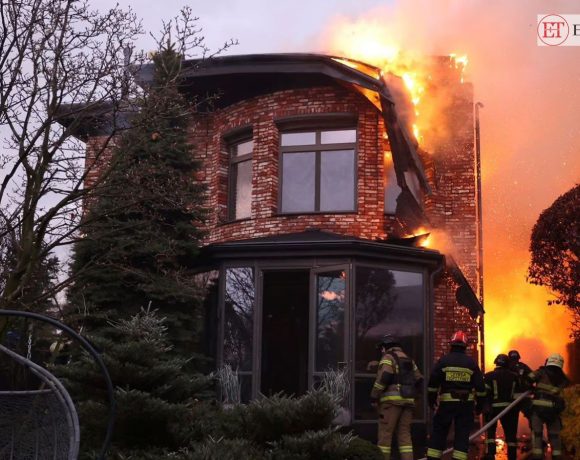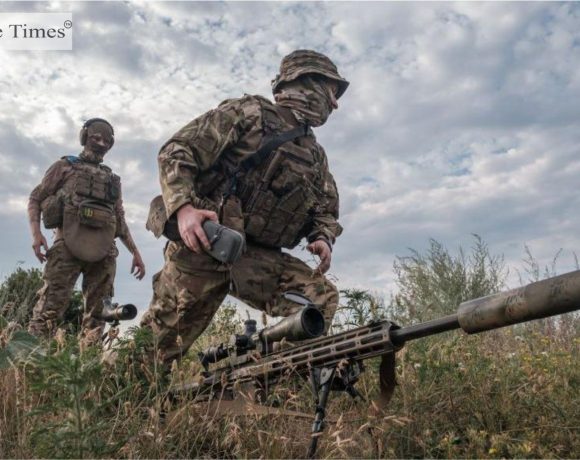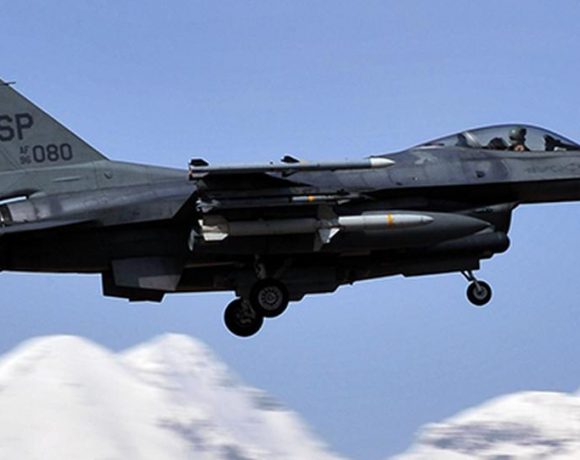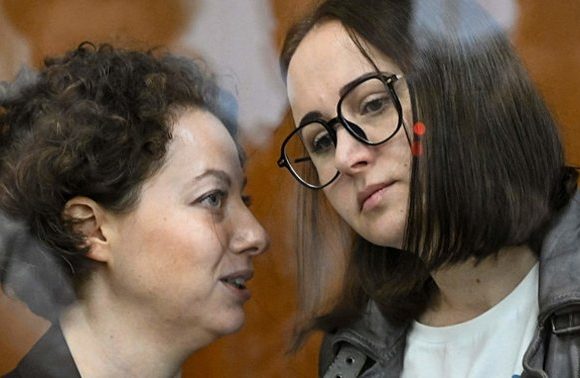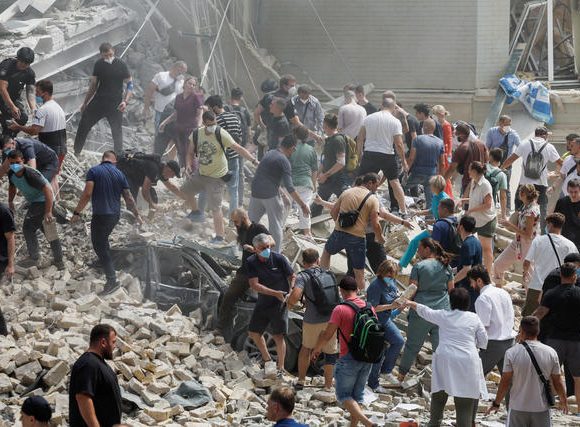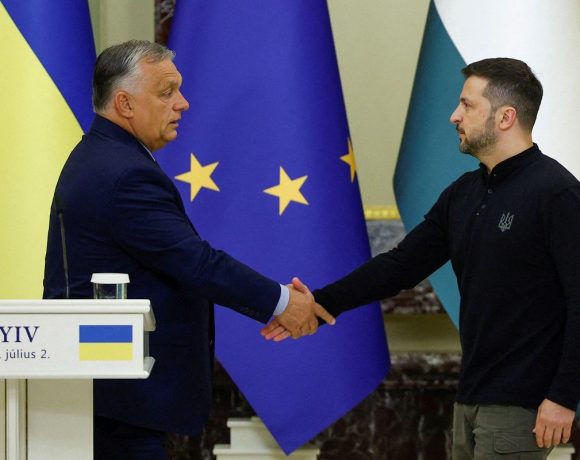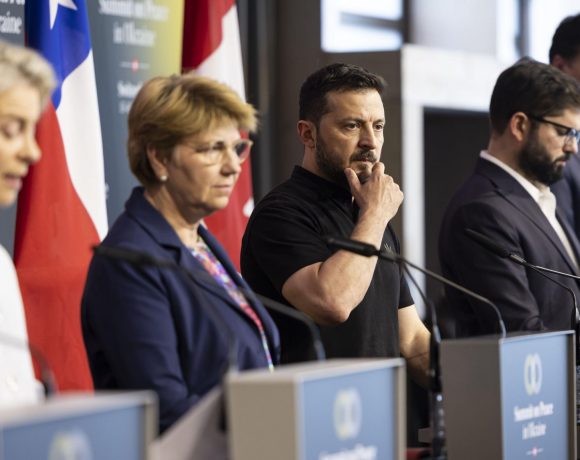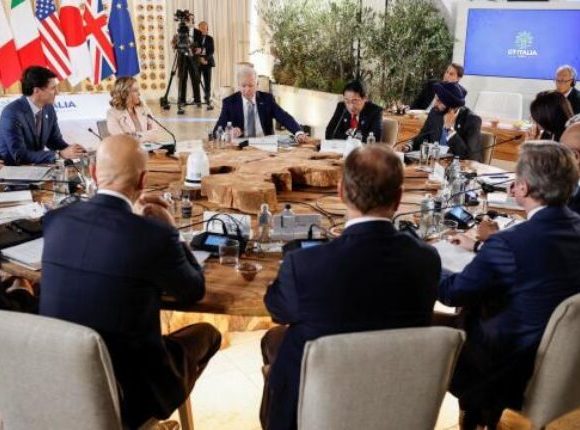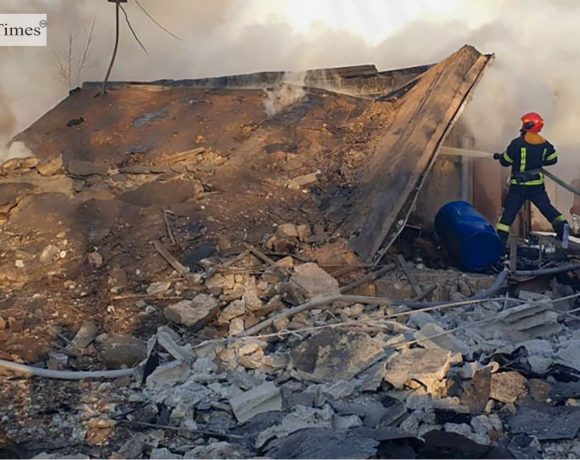
Russia Launches Massive Strike on Ukraine’s Power Grid, Leaving Over One Million Without Electricity
Ukraine is reeling from a devastating Russian missile and drone assault that left more than one million people without power. The coordinated attack, which lasted for nearly nine-and-a-half hours, targeted energy infrastructure across the country, including Odesa, Kharkiv, Lutsk, and Kyiv. Ukrainian President Volodymyr Zelensky accused Russia of using cluster munitions, making it harder for rescue teams and energy workers to address the damage. Over 100 drones and more than 90 missiles were involved in the strike, marking the second such attack this month.
Authorities have reported widespread power outages across at least 12 regions, with emergency power cuts implemented to prevent grid overloads. In cities like Lutsk and Kharkiv, explosions were heard, and public transport, including trolleybuses, came to a halt. In the Lviv region, more than half a million people are without electricity, and officials are bracing for further strain on the energy system as temperatures drop, signaling the arrival of Ukraine’s harsh winter.
This strike comes on the heels of earlier missile attacks on Ukraine’s energy sector, which have severely impacted the country’s power plants. Ukrainian officials had warned of the possibility of a broader assault aimed at depleting the national power grid as winter approaches. With the ongoing war and extreme weather conditions, Ukrainians face another challenging winter ahead, already having endured multiple severe winters since Russia’s invasion began in February 2022.
Pic Courtesy: google/ images are subject to copyright

